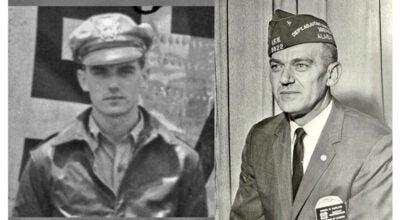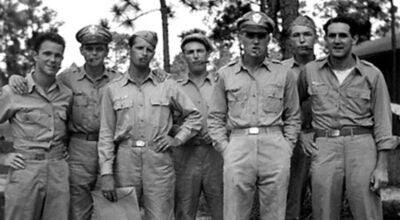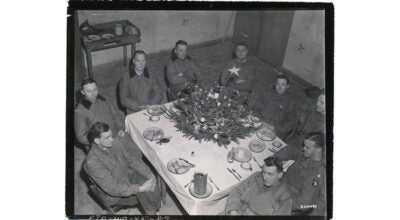Talking to kids about the news
Published 12:21 am Saturday, May 7, 2011
By LISA PATTERSON
Recently, many various topics have been headlining the news. Not of least is the death of Osama bin laden. In working with children, I often notice that a child will come in and within the first few minutes will ask me a question or make a comment about an event that has been in the news. Last week, of course, it was the recent tornadoes and the havoc, not least of which, loss of lives they caused. Last month it was the earthquakes in Japan. This week it has been the death of Osama bin Laden. Ten years ago, for many weeks, I remember most every child that came into my office spoke of or played out the events of 911.
Parents don’t often know how to handle questions their children often ask about headline events. As parents, we want to tell them the truth, but we often want to shield them from the often heartbreaking, unusual, or frightening events which do occur in life.
I often tell parents that they should be truthful with their children, giving them answers appropriate to their age and no more information than they can truly comprehend depending on maturity level. This has worked well in the past. But recently I have come to have to deal with my own moral issues, as many parents have when it comes to Osama bin Laden. As an adult I can deal with the death of others in as well as most other adults can. It’s not something we enjoy, like or relish. But in this case, we begin asking ourselves how do we explain the deliberate act of killing another person. Was this “revenge” and if so, don’t we often teach our children not to engage in acts of revenge against another for what we perceive as “wrongs” made toward us? OK, so this is a difficult question to answer for most parents. Depending on the age of your child, the term “bad man” just doesn’t answer the question any longer.
First of all, as parents, you know your child better than anyone else. Know that your child is hearing about these events even if your family tries to keep this kind of news from them. Younger children sometimes are asking because of possible concerns for their self and their loved ones. The first thing you should do is reassure them that they are safe. You can then explain your thoughts, simply, on how you feel. Don’t make it complicated. You might be able to add that while you may not feel that the killing of another is ever justified, you do feel safer now. Or even that the decision made for Osama’s death may not have been an easy decision but that is was made by our president and a decision that he alone had to decide. Remember, it all depends on your beliefs and your child’s maturity level and what you want to instill in your child.
In regards to other tragic events, the most important tip is to always be age-appropriate. If you are dealing with younger children, speak in their vocabulary. It is OK to use basic emotion words, like sad, in order to help them understand the basics of what they might be seeing in the emotions of the television. Remember:
It is OK to be picky about what your children watch on television based on what you feel is appropriate.
Always be reassuring of their safety. It is not necessary to try to rid them of fears, only to give them an outlet to discuss and be reassured.
These types of tragic events are ongoing. It’s important to help children while they are still young learn how to process these events and make sense of them in respect to their own life. It can also instill values such as gratitude, charity and family. Being supportive of our children and students during these emotional times can help them to find optimism in their own life.
Share stories of hope and compassion that come out of these terrible events.
Empower your child with ways to help: write letters, make a donation, or create a care package
For older children and teens, it is important to remember that if you do not have the answer to a specific question, it is OK to admit that and help your child find the right resource to get their answer.
Lisa Patterson is a licensed counselor specializing in play therapy, and children’s issues. She is in private practice in Andalusia and may be contacted at 334.222.7094.
More COLUMN -- FEATURE SPOT





